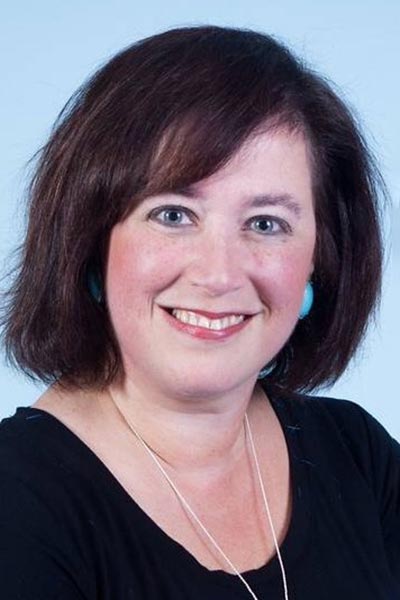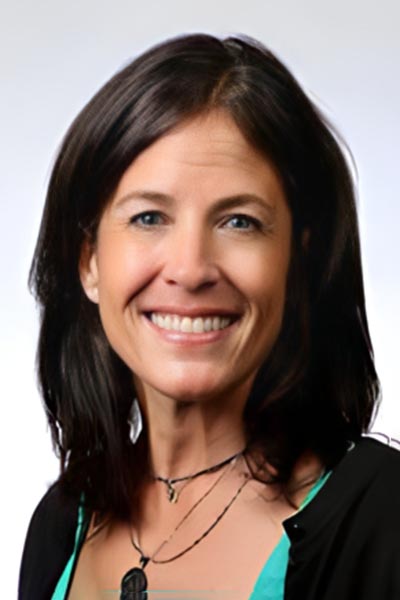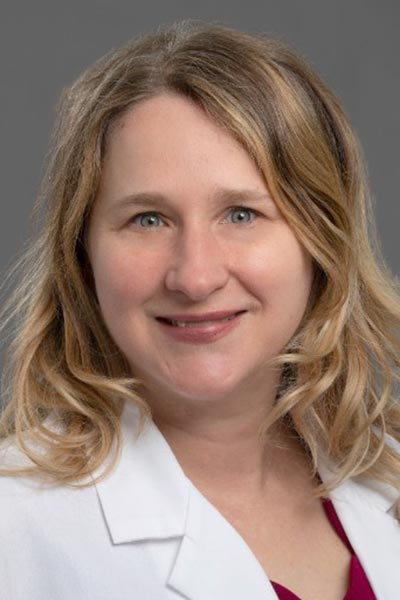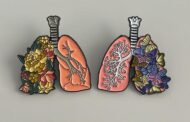
The patient advocacy group, EGFR Resisters, will host its 5th Annual Research Summit November 2-4, 2023, in Chicago. The academic research summit was created to accelerate the advancement of EGFR mutated non-small cell lung cancer treatment paradigms by fostering collaboration between young investigators early in their career and more established physician scientists in the field. The summit is presented by EGFR Resisters and Creative Educational Concepts LLC and supported by an independent educational grant from AstraZeneca. Abstract submissions will open soon for young investigators interested in attending the summit. More information about the EGFR Resister’s 5th Annual Research Summit, including registration information, can be found here.
“The annual research summits are integral to our efforts to make EGFR-mutated lung cancer a manageable disease,” said EGFR Resisters Co-Founder Ivy Elkins. “Not only do the participating young investigators find valuable opportunities for collaboration, they also are able to network with expert faculty who provide encouragement and mentorship. These collaborations are essential to making progress since EGFR disease heterogeneity leads to research limitations for individual researchers.”

EGFR Resisters Co-Founder Jill Feldman said teaching moments have included small groups and formal presentations on topics ranging from work-life balance to how to write a manuscript.
“We hear from participating young investigators that the mentorship they receive during the summit has positive, long-lasting impacts on their careers,” Ms. Feldman said.
Mary J. Fidler, MD, who has served as an expert judge and mentor since the summit’s inception, said she feels fortunate to be able to help support young investigators interested in EGFR research.
“The lasting impacts of the annual research summits show just how important such opportunities are for young investigators,” said Dr. Fidler, who is Medical Oncology Section Chief at Rush University, Chicago. “Follow-up surveys indicate 92% of former participants are still involved in EGFR lung cancer research and 46% have since presented EGFR-related data at another research meeting or forum. In addition, 38% have collaborated with other participants on trials, papers, or presentations, and 25% have published EGFR-related data.”

4th Annual Research Summit Highlights
Eighteen young investigators, five expert judge mentors, and three patient advocates representing 16 institutions participated in the 4th Annual EGFR Resisters Summit in November 2022. In addition to having an opportunity to win financial awards to help further their research, participating young investigators gained valuable experience according to post-summit survey results.
“Our post-summit survey results showed the 2022 young investigators cohort gained substantial confidence in their presentation skills after participating in the summit,” Ms. Feldman said.
Participants also reported time constraints as a common barrier to reporting research in addition to lack of experience with grant writing. Ms. Elkins said the summit will seek to address these issues by providing additional training and mentoring to support young investigators in these areas.
Distinguished Young Investigator Grand Prize
Paul Stockhammer, MD, PhD, Resident Physician Yale School of Medicine, New Haven, Connecticut
Co-occurring Alterations in Multiple Tumor Suppressor Genes Associate with Outcomes in Patients with EGFR-mutant Lung Cancer
Distinguished Young Investigator Runner Up
Chetan Vakkalagadda, MD, Hematology/Oncology Fellow Northwestern University, Chicago
A Randomized Phase II Clinical Trial of Osimertinib with or without Olaparib in Patients with Stage IV EGFR-mutant NSCLC and Germline Mutations in the Homologous Recombination Repair Pathway: Trial in Progress
About the EGFR Resisters
Founded in 2017, the EGFR Resisters patient advocacy group is a grassroots, patient-driven community dedicated to making EGFR-mutated lung cancer a manageable chronic disease. With more than 4,500 members from 95 countries, the EGFR Resisters have become a well-established and widely known oncogene driver group that is galvanizing research efforts.





